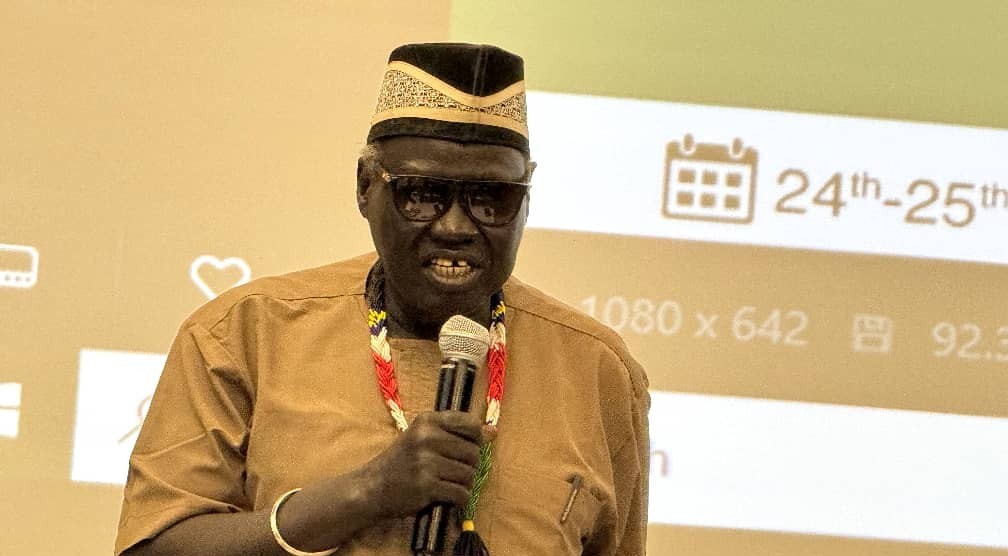
A heated exchange over how to address South Sudan’s fragile economy and soaring market prices took center stage at the National Trade Forum held on Monday at the Radisson Blu Hotel in Juba.
Tensions flared after Ladu Lukak, Chairperson of the South Sudan Chamber of Commerce, and Onyoti Adigo, Minister of Livestock and Fisheries, clashed publicly over strategies to stabilize the market.
Lukak, one of the country’s prominent businessmen, urged the government to inject more U.S. dollars into the market to help businesses lower operational costs.
“The rising exchange rate and shortage of foreign currency are driving up import prices, placing immense pressure on both businesses and consumers,” Lukak argued.
However, Onyoti rejected the suggestion, warning that injecting more dollars could lead to the devaluation of the South Sudanese Pound and foster dependency on foreign currency.
“The government must be cautious. Overreliance on dollar injections could worsen inflation and undermine our national currency,” Onyoti cautioned.
Weighing in on the debate, Minister of Trade and Industry Atong Kuol Manyang emphasized the need to improve the overall business environment in the country, pledging government support for small and medium enterprises (SMEs) and youth entrepreneurship.
“Our main focus is to create a conducive environment for traders to operate effectively,” Kuol said. “Empowering youth and supporting SMEs will help prevent economic collapse. If the economy fails, 90% of our people will have nowhere to turn. A thriving business sector supports the government in delivering services.”
South Sudan is grappling with a deepening economic crisis, exacerbated by the ongoing conflict in Sudan, which has disrupted oil production—the nation’s primary source of revenue.
Structural weaknesses, including overreliance on oil exports, low agricultural productivity, and limited market access, have further strained the economy.
The worsening situation has prompted calls for urgent government action. Malual Bol Kiir, a South Sudanese peace advocate, stressed the need for long-term reforms.
“The government should prioritize economic diversification and reduce dependency on oil,” Bol said. “It must also stop taxing humanitarian aid and work closely with international partners to ensure relief reaches those most in need.”
Bol added, “Strengthening governance and enforcing anti-corruption measures are critical to restoring public trust and stabilizing the economy.”

